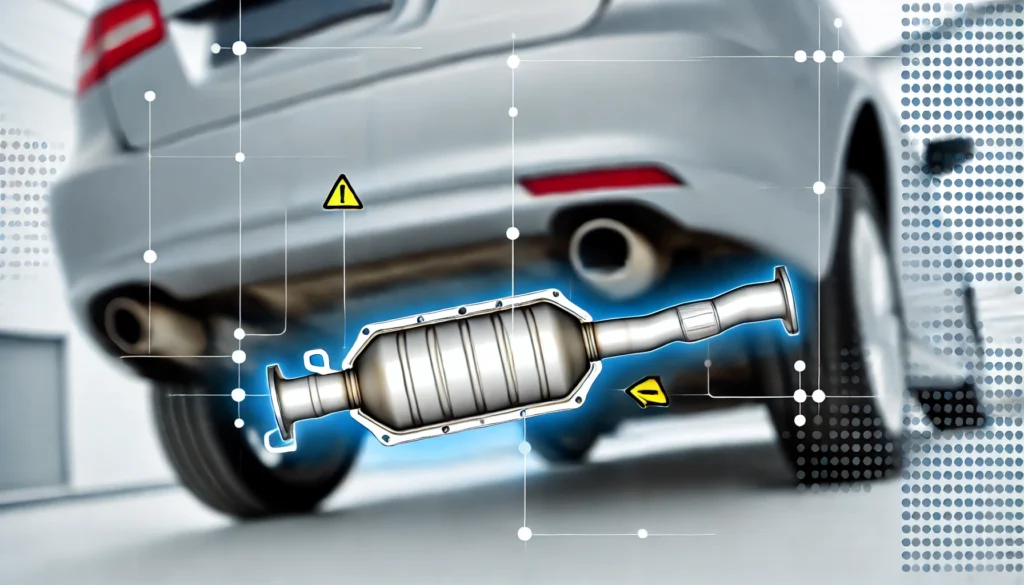When a catalytic converter fails, it can lead to a cascade of issues that affect your vehicle’s performance, fuel efficiency, and even your safety. Understanding what a bad catalytic converter can cause is crucial for timely diagnosis and repair.

Engine Performance Problems
A bad catalytic converter often leads to a noticeable drop in engine performance. You might experience reduced acceleration, poor fuel economy, and difficulty reaching higher speeds. This happens because the catalytic converter, which is supposed to filter harmful emissions, becomes clogged or damaged, restricting the exhaust flow and causing back pressure in the engine.
Increased Emissions
One of the primary functions of a catalytic converter is to reduce harmful emissions from your vehicle. When it fails, the amount of pollutants your car emits increases significantly. This not only harms the environment but can also lead to your vehicle failing an emissions test, which is required in many areas to keep your car legally on the road.
Overheating Engine
A faulty catalytic converter can cause your engine to overheat. When the exhaust flow is restricted, the heat generated by the engine has nowhere to go, causing the engine to run hotter than usual. This can lead to engine damage, which might require costly repairs if not addressed promptly.
Starting Problems
In some cases, a bad catalytic converter can prevent your engine from starting. If the converter is completely clogged, it can block the exhaust gases from escaping, making it difficult or impossible for the engine to turn over. This can leave you stranded and in need of a tow.
Check Engine Light
A malfunctioning catalytic converter will often trigger your vehicle’s check engine light. This can be due to a variety of issues related to the converter, including efficiency below the required threshold or a complete blockage. It’s essential to have your vehicle checked by a professional as soon as the check engine light comes on, as continuing to drive with a faulty converter can cause further damage.
Unusual Smells
A common sign of a bad catalytic converter is a rotten egg smell coming from the exhaust. This odor is caused by sulfur compounds in the fuel not being properly processed by the converter. If you notice this smell, it’s a strong indicator that your catalytic converter needs attention.
Conclusion
Ignoring a bad catalytic converter can lead to significant and costly damage to your vehicle. If you experience any of these symptoms, it’s important to have your car inspected by a professional mechanic. Addressing the issue early can save you from more extensive repairs down the road and keep your vehicle running smoothly and efficiently.
